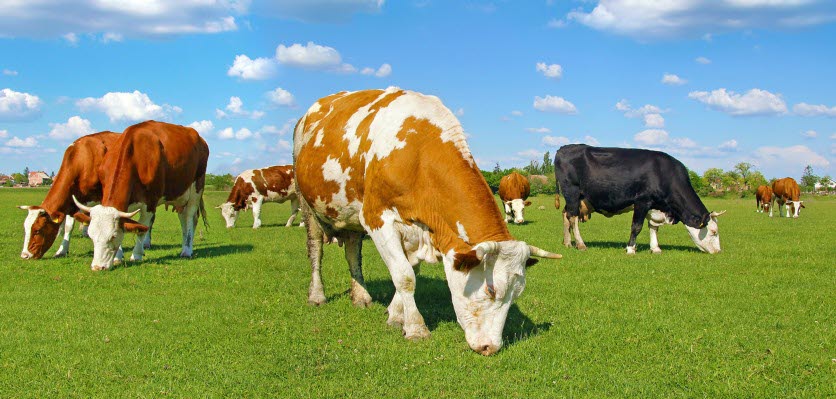
Global fast food giant McDonald’s has recently announced a new policy to reduce the use of antibiotics in its global beef supply. The company believes that antibiotic resistance is one of the biggest threats to global health and food security and that their industry-leading commitment will help preserve the effectiveness of antibiotics for future generations.
The company is partnering with their top 10 beef sourcing markets, of which Australia is one, to measure current antibiotic use and determine country-specific baselines. By 2020 they plan to have set goals based on this data, and from 2022 onwards will be reporting on this progress across their beef sourcing markets.
The ABC reports that representatives from the Australian beef industry believe they are already ahead of the game and welcome the transition. Currently, Meat and Livestock Australia and the Australian Lot Feeders Association have funded a set of guidelines for producers to allow the best practice of antimicrobial resistance management.
In 2017, the AVA partnered with Animal Medicines Australia to develop best-practice antibiotic prescribing guidelines for main livestock species, and the AVA continues to be heavily involved in collective efforts to fight antimicrobial resistance.
Ongoing research in the area has shown that there is currently relatively low levels of antibiotic resistance in Australian cattle herds.
More information
https://www.abc.net.au/news/rural/2018-12-20/mcdonalds-antibitoic-resistence-beef-policy/10639116
This article appeared in the January/February 2019 issue of the Australian Veterinary Journal
